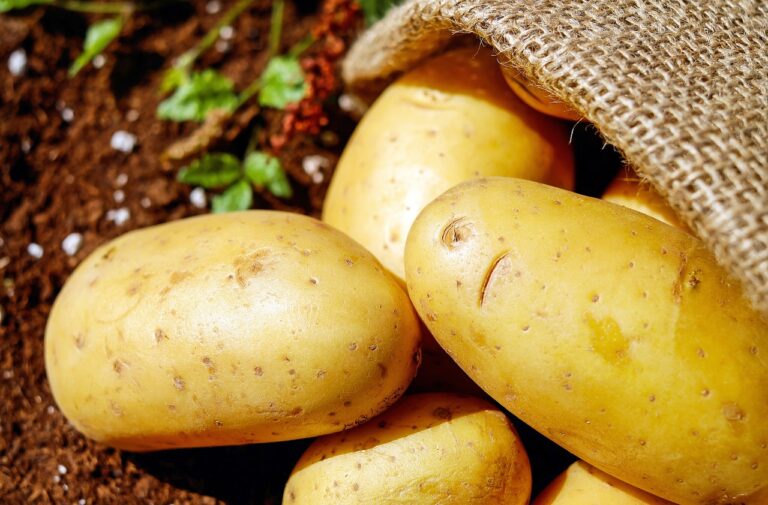Investigating the Impact of Social Justice Movements on Cheese Production
laser book login, silverexchange.com login, 11xplay online:Social justice movements have been gaining momentum worldwide, advocating for equality, fairness, and social change in various aspects of society. While these movements are often associated with issues such as race, gender, and economic inequality, their impact can be far-reaching and influence unexpected areas, such as cheese production.
In recent years, social justice movements have been increasingly focusing on the food industry, including the dairy sector, which plays a significant role in cheese production. The question arises: how do these movements impact the cheese production process, and what changes are being implemented as a result?
To delve into this complex and intriguing topic, we must first understand the role of social justice movements in the food industry and their impact on cheese production.
The Relationship Between Social Justice Movements and the Food Industry
Social justice movements within the food industry aim to address various issues, including workers’ rights, fair wages, sustainable farming practices, and animal welfare. These movements advocate for transparency, accountability, and ethical standards throughout the food supply chain.
In recent years, consumers have become more conscious of where their food comes from and how it is produced. This increased awareness has been fueled by social justice movements that shed light on issues such as exploitation of workers, environmental degradation, and animal cruelty within the food industry.
The dairy sector, including cheese production, has come under scrutiny from social justice movements for practices that are perceived as harmful or unethical. This has led to calls for reform and change within the industry to ensure that cheese production is more ethical, sustainable, and socially responsible.
How Social Justice Movements Are Impacting Cheese Production
Social justice movements have had a significant impact on cheese production in several ways. One of the key areas of focus has been on the treatment of dairy farm workers and animals involved in the cheese production process.
Workers’ Rights: Social justice movements have highlighted the exploitation of dairy farm workers, who often work long hours in hazardous conditions for low wages. These movements have called for improved working conditions, fair wages, and respect for workers’ rights within the dairy sector.
Animal Welfare: Another key issue raised by social justice movements is the treatment of animals in the dairy industry. Concerns have been raised about practices such as factory farming, which prioritize profit over animal welfare. Social justice movements advocate for more ethical and humane treatment of animals involved in cheese production.
Environmental Sustainability: Social justice movements also emphasize the importance of environmental sustainability in cheese production. Traditional dairy farming practices can have a significant impact on the environment, including deforestation, water pollution, and greenhouse gas emissions. Movements push for more sustainable farming practices that minimize environmental harm.
Transparency and Accountability: Social justice movements advocate for transparency and accountability within the food industry, including cheese production. Consumers are demanding more information about where their food comes from, how it is produced, and the ethical standards followed throughout the supply chain. This has led to greater transparency and accountability in cheese production.
Innovation and Change: Social justice movements push for innovation and change within the food industry, including cheese production. This has led to the development of new technologies, practices, and products that prioritize ethical, sustainable, and socially responsible cheese production.
FAQs
Q: How can consumers support social justice movements in cheese production?
A: Consumers can support social justice movements in cheese production by choosing products from companies that follow ethical and sustainable practices, advocating for transparency and accountability within the industry, and engaging with organizations that work to promote social justice in food production.
Q: What are some examples of social justice initiatives in cheese production?
A: Examples of social justice initiatives in cheese production include campaigns to improve workers’ rights on dairy farms, promote animal welfare in the dairy industry, implement sustainable farming practices, and increase transparency and accountability throughout the supply chain.
Q: What are the benefits of social justice movements in cheese production?
A: Social justice movements in cheese production can lead to improved working conditions for dairy farm workers, more ethical treatment of animals, reduced environmental impact, greater transparency and accountability, and innovation in the industry.
In conclusion, social justice movements have a significant impact on cheese production, influencing practices, policies, and standards within the industry. By advocating for workers’ rights, animal welfare, environmental sustainability, transparency, and innovation, these movements are driving positive change in the cheese production process. Consumers play a crucial role in supporting social justice initiatives in cheese production by making informed choices and demanding ethical and sustainable products. Together, we can create a more just and sustainable food system for the future.




